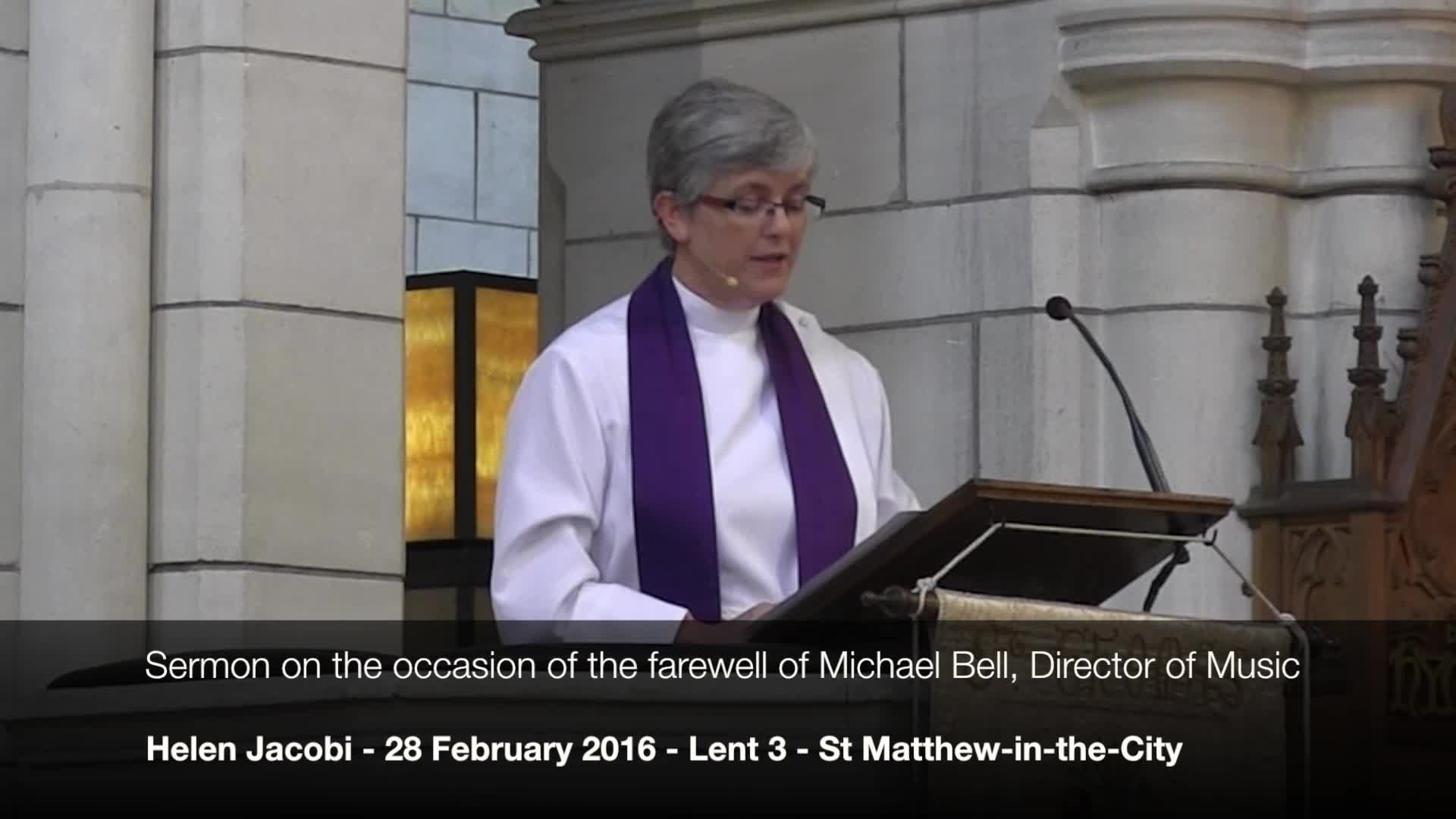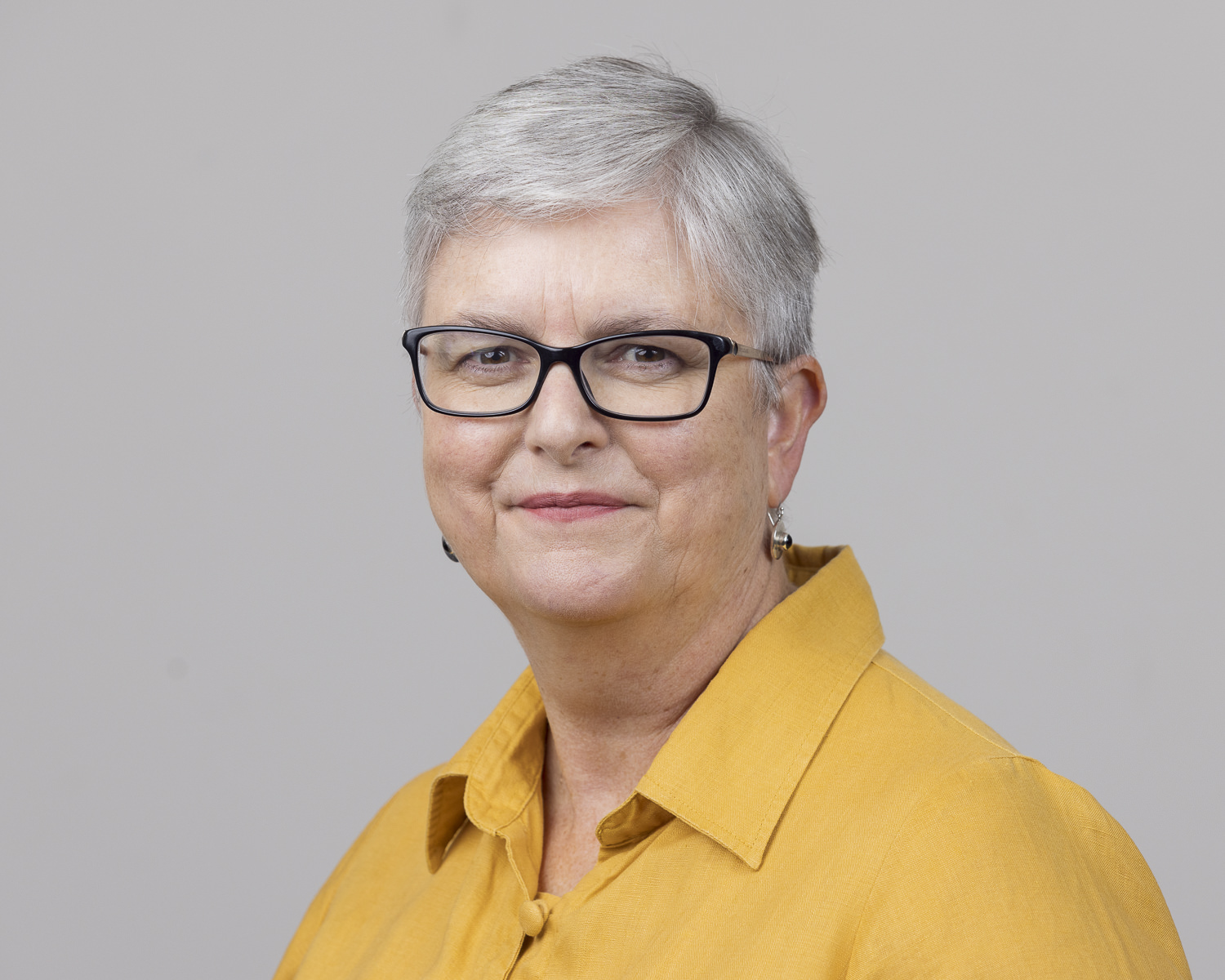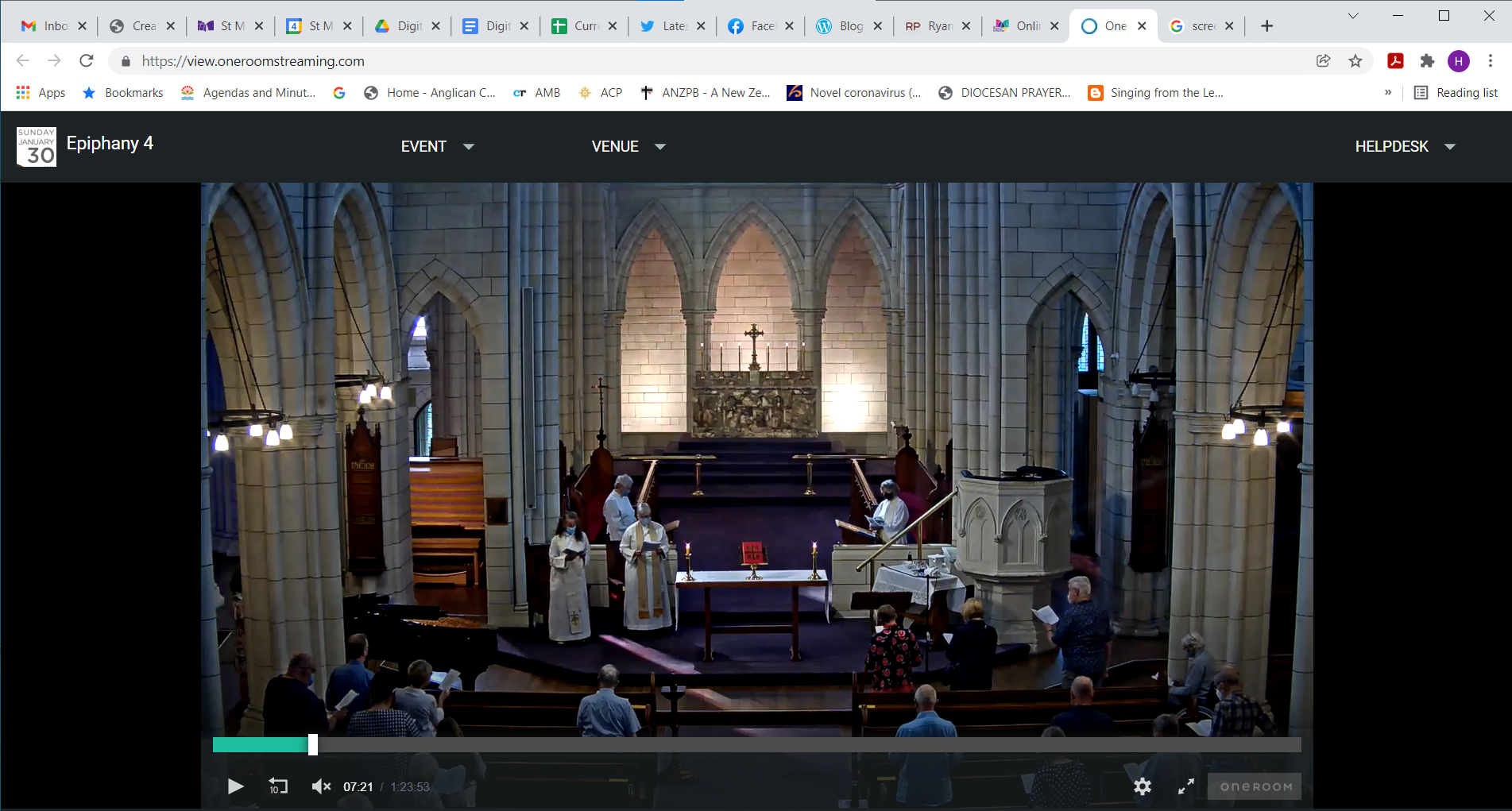
Home
Heritage
Hilda Fricker
The story of parishioner Hilda Fricker who died in the 1918 flu.


Breaking the Silence

Elizabeth and Zechariah speak

Climate Crisis Statement

Media interviews

What is religious freedom

Jesus and the politics of power

Hybrid worship

The Great O Antiphons: O Emmanuel, O Virgo Virginum
